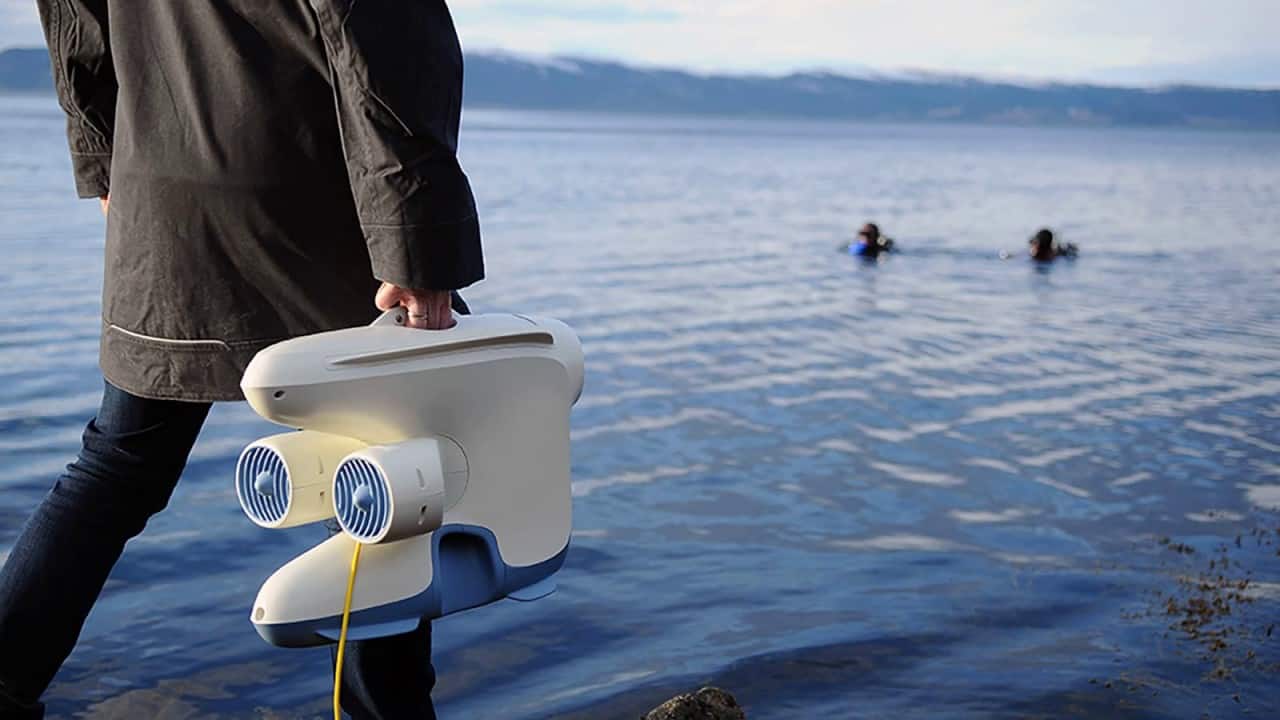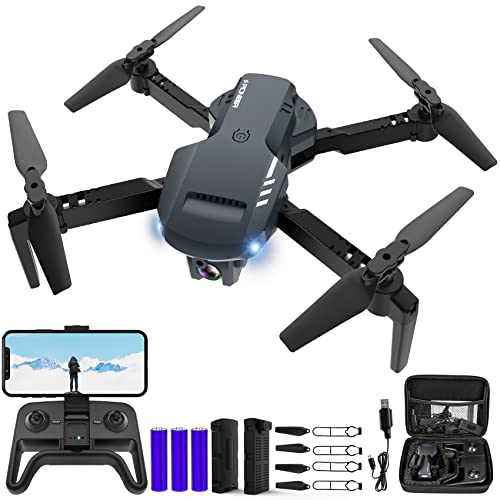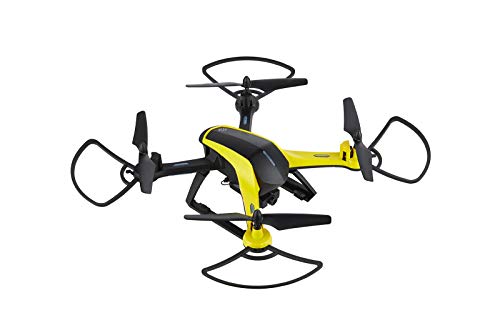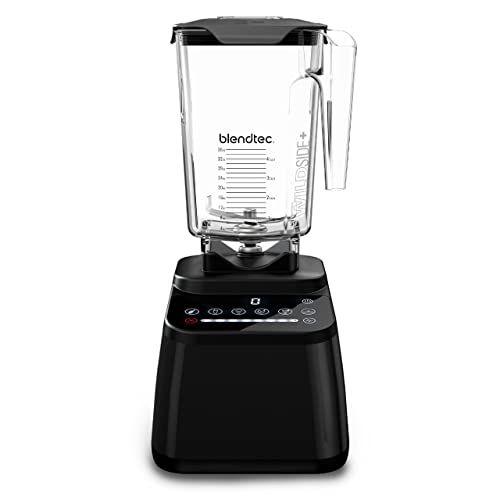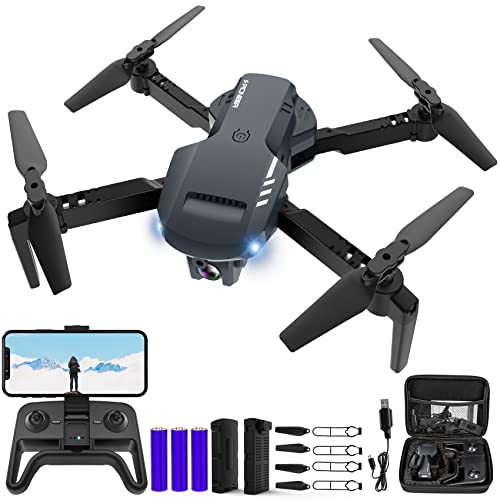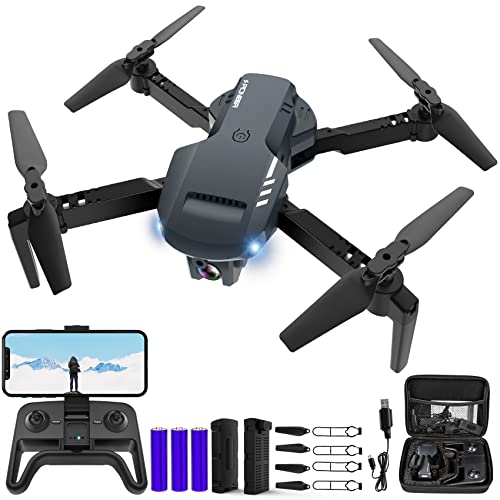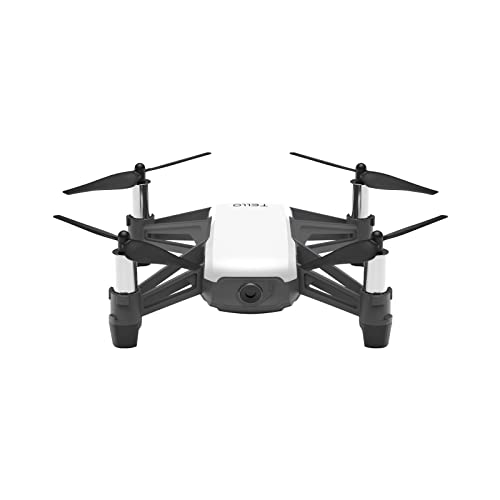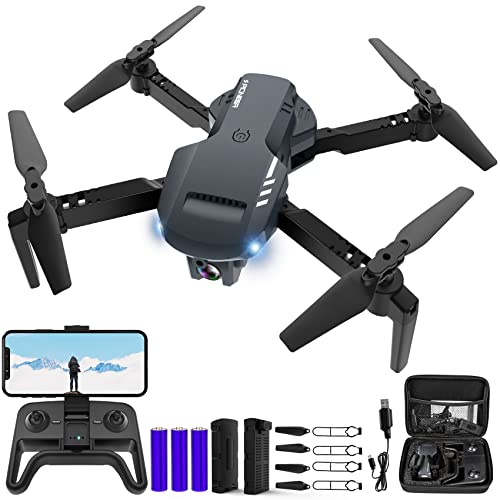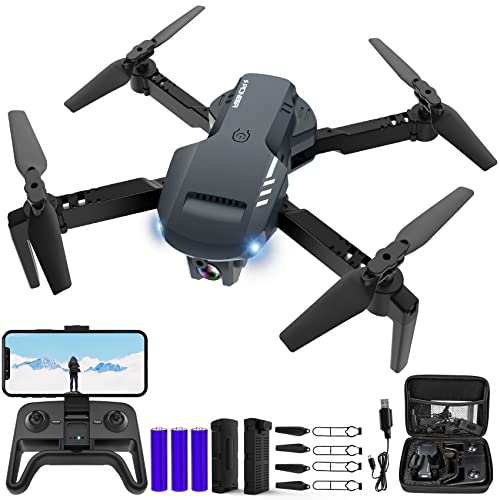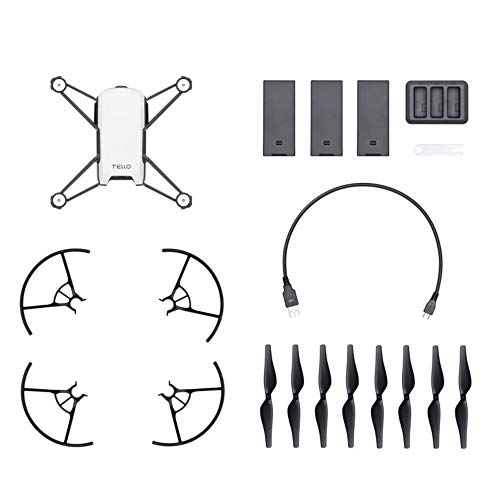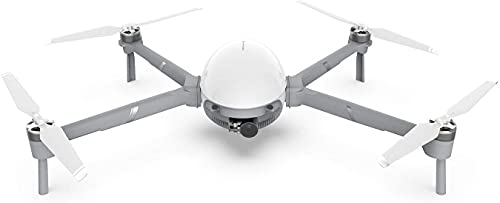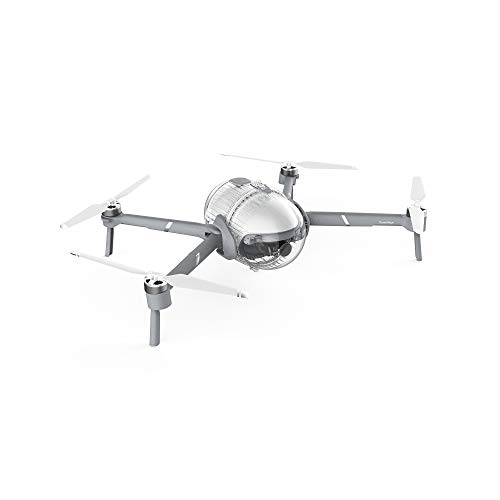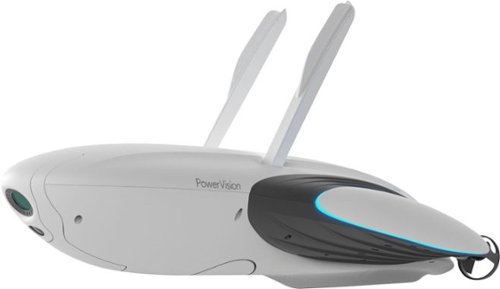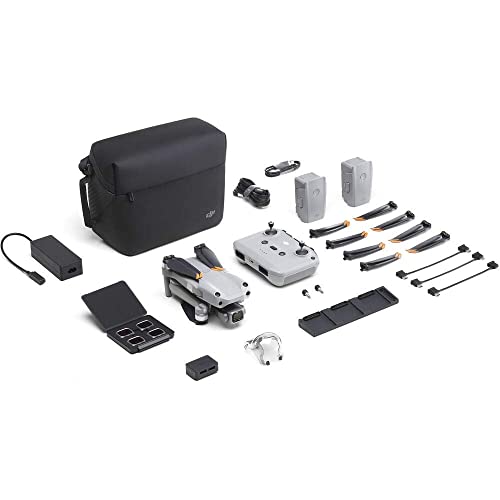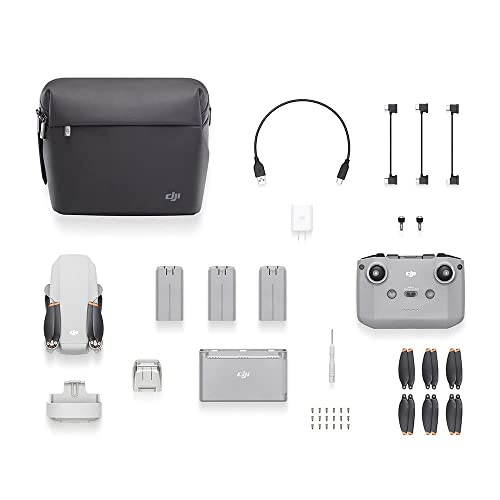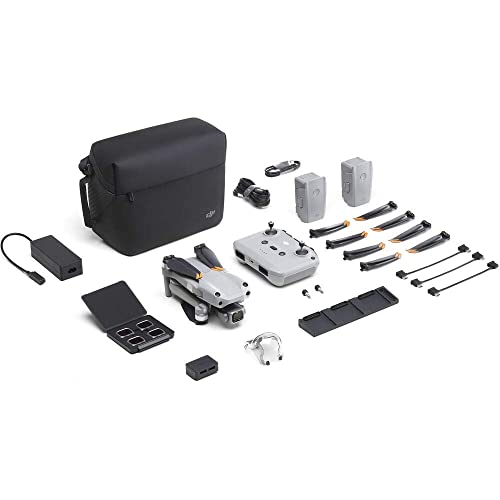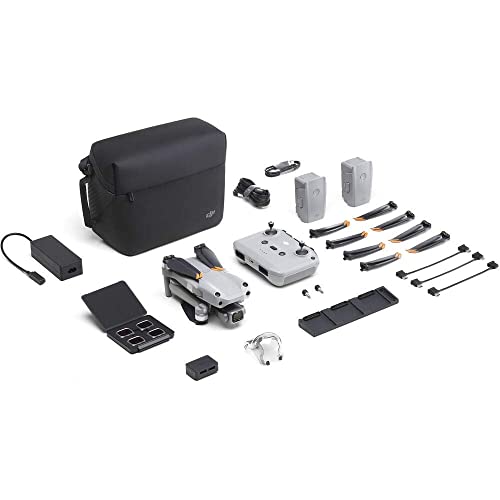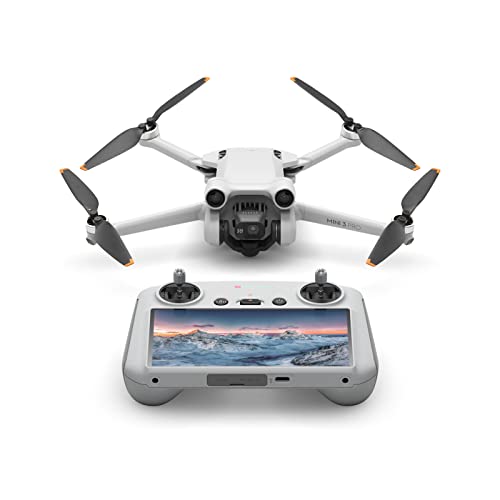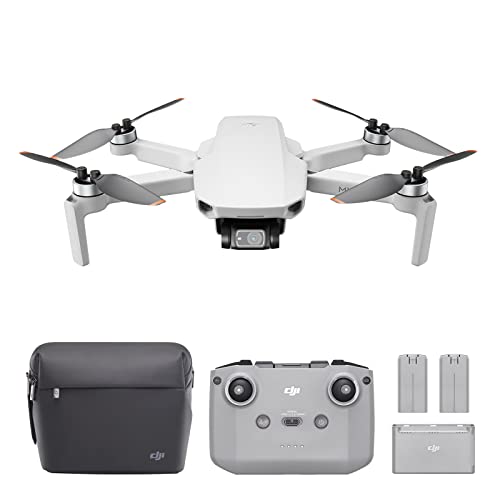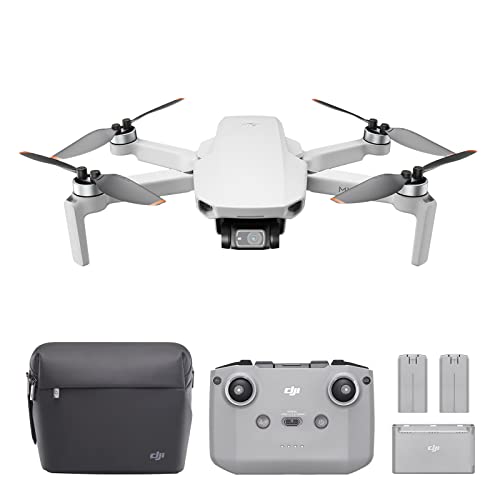If you are not well-versed in the rules and regulations regarding unmanned aircraft, you may wonder when you need a license to fly a drone. This is an important rule, especially if you don’t know what to do with drones or why drones are good to have. Some of the best drones, after all, are extremely powerful and better suited for commercial applications rather than recreational ones. So when do you need a license to fly, and how to get one? Keep reading to find out.
KEY TAKEAWAYS:
- In the vast majority of cases, pilots do not need to acquire a drone license when flying for recreational purposes.
- Recreational pilots do, however, have to register their drones with the Federal Aviation Authority (FAA.)
- Commercial drone pilots need a Part 107 license, or remote pilot certificate, according to drone laws, which is obtained via the TSA.
When Do You Need a Drone License?
Here’s the good news. There are very few instances in which recreation drone pilots require a license, as these licenses are reserved for commercial pilots. Recreational drone pilots, however, do need to register their drones before their initial use.
Insider Tip
These rules and regulations constantly evolve, so regularly check in with local regulatory agencies to track any changes.
Drone Registration Process
This process begins at the official website of the Federal Aviation Authority and it costs five dollars, with a registration lasting three years before needing renewal. You have to be a U.S. citizen or a legal permanent resident and above 13 years old to register a drone. Once registered, keep your certificate on you whenever you use the drone, otherwise, you are subject to fines and other penalties. This certificate needs to be on your person no matter where you are flying if you are learning where to fly a drone.
Part 107 Drone Licenses
Though recreational pilots do not require a license, commercial pilots do. If you are using your drone for any type of commercial enterprise, such as making deliveries, you need to obtain what is called a Part 107 drone license. To qualify for a Part 107 license, prospective pilots need to jump through some hurdles. They need to be vetted by the TSA and pass a 60-item knowledge test. This ensures a minimum level of proficiency for all commercial drone pilots. It is worth noting that the steps required to obtain a Part 107 drone license are constantly evolving, so check with the TSA for up-to-date information.
Part 107 Drone Restrictions
In addition to taking an exam and getting the license, a Part 107 drone license imposes certain flight restrictions. These commercial pilots cannot fly drones over crowds and they cannot fly over moving vehicles. They also need a constant line of sight, which is a restriction also placed on recreational pilots, and they always have to yield the right of way to manned aircraft.
F.A.Q.S
How can recreational drone pilots fly legally?
Recreational pilots making regular drone flights do not need a drone pilot license, though they will need to register the drone. Some states, however, do require recreational users to take a short test before getting certified.
What qualifies as commercial drone use?
Flying a drone for commercial purposes includes surveying construction sites, making deliveries, working for law enforcement, and plenty of other professional tasks.
What happens if you pilot a drone commercially without a license?
If you are caught piloting your drone commercially without a remote pilot certificate, a commercial drone license, or without having attended drone pilot ground school, you are subject to large fines and even, in rare cases, prison time.
STAT: In order to fly your drone under the FAA’s Small UAS Rule (Part 107), you must obtain a Remote Pilot Certificate from the FAA. This certificate demonstrates that you understand the regulations, operating requirements, and procedures for safely flying drones. (source)
REFERENCES:
- https://www.faa.gov/uas/commercial_operators/become_a_drone_pilot/
- https://www.dot.state.mn.us/aero/drones/commercial.html
- https://padrone.org/drone-lawsr
- https://www.snhu.edu/about-us/newsroom/stem/what-is-a-drone
- https://tc.canada.ca/en/aviation/drone-safety/learn-rules-you-fly-your-drone/flying-your-drone-safely-legally

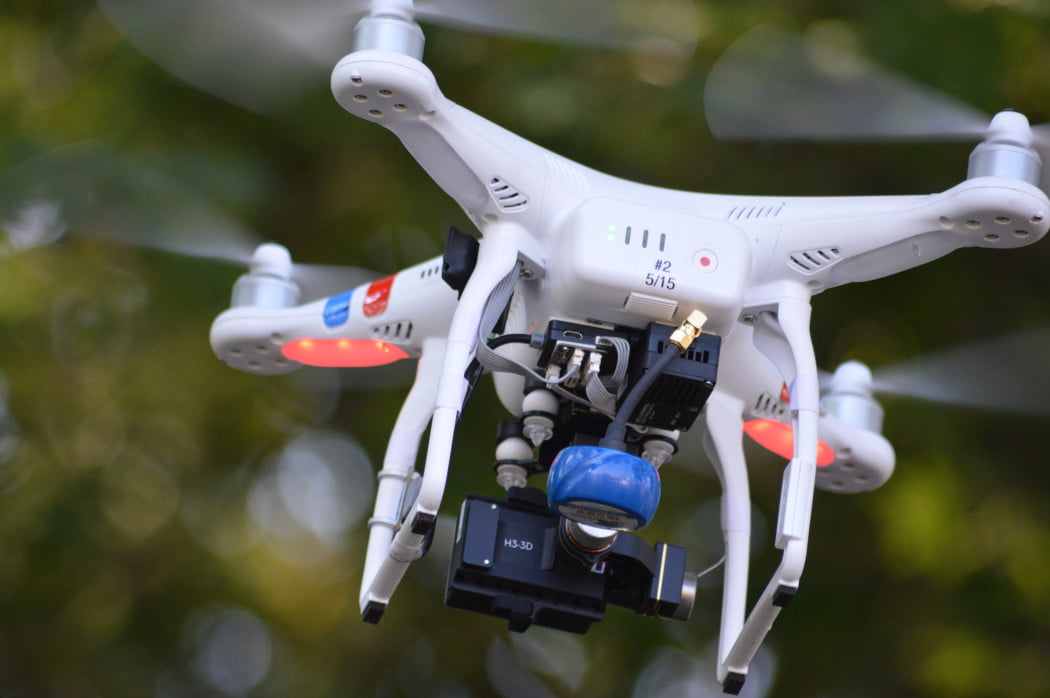












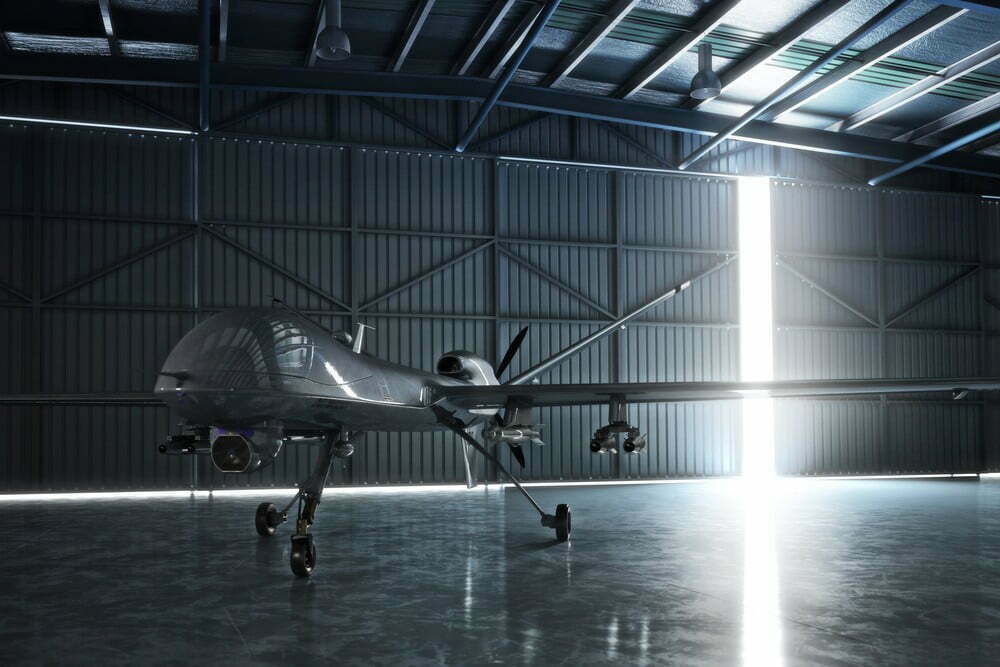
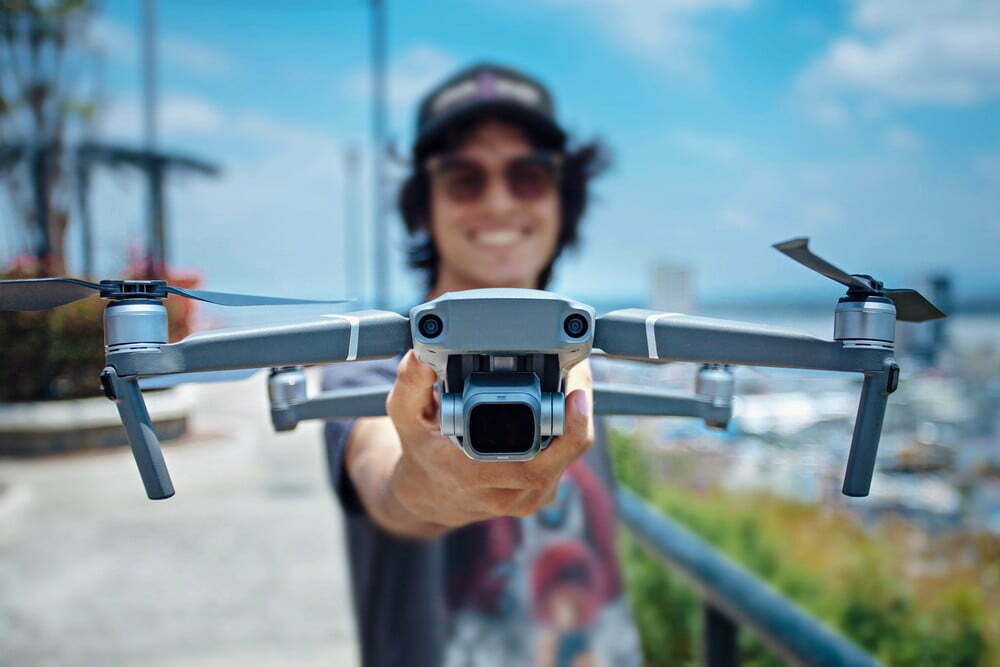
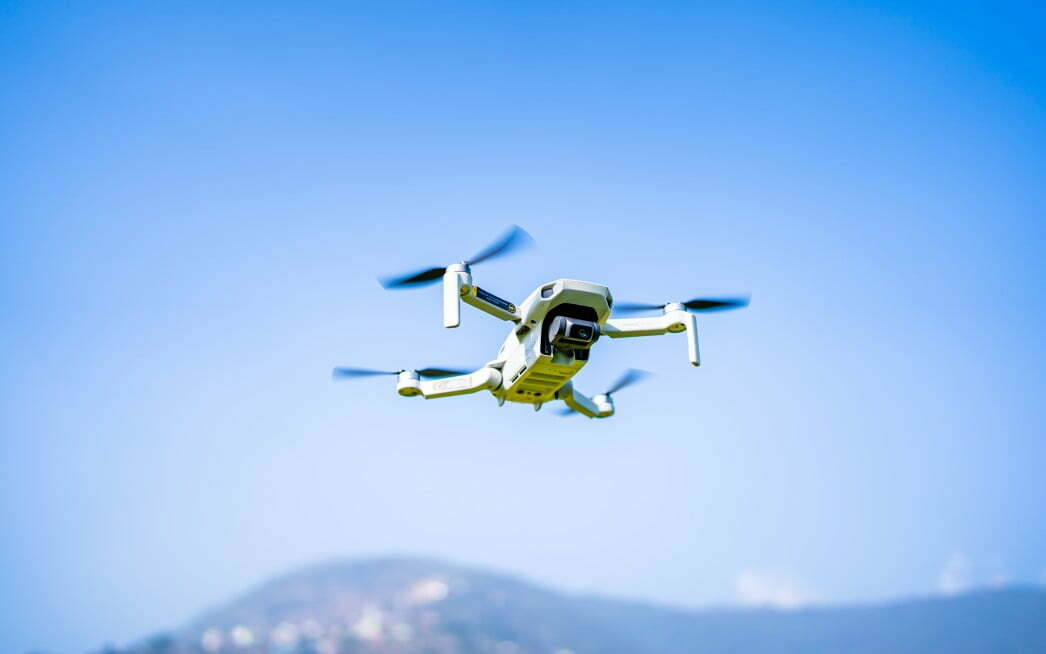
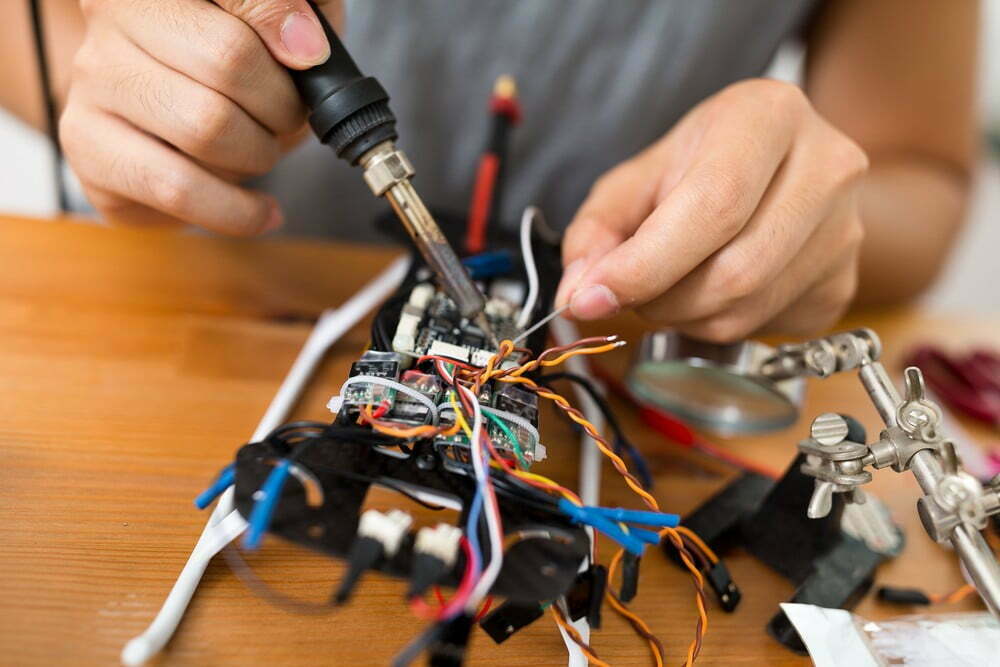
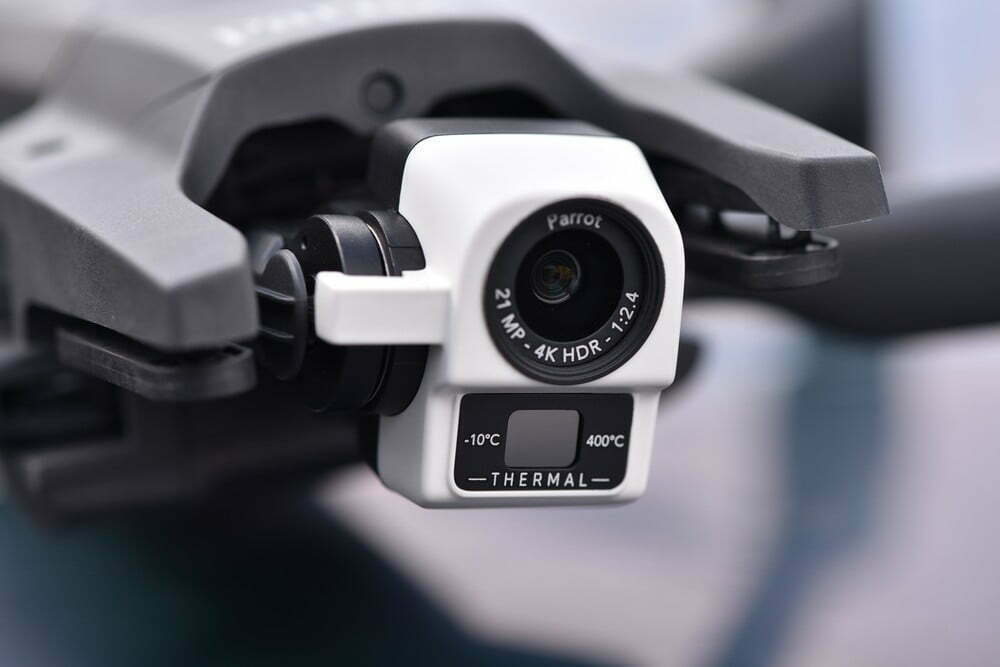
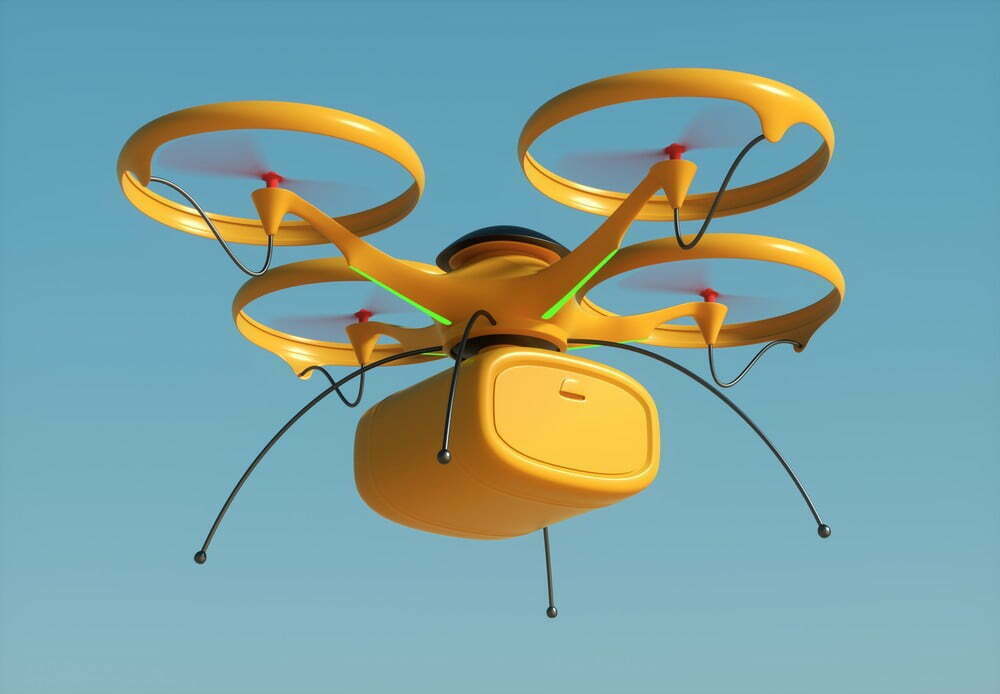
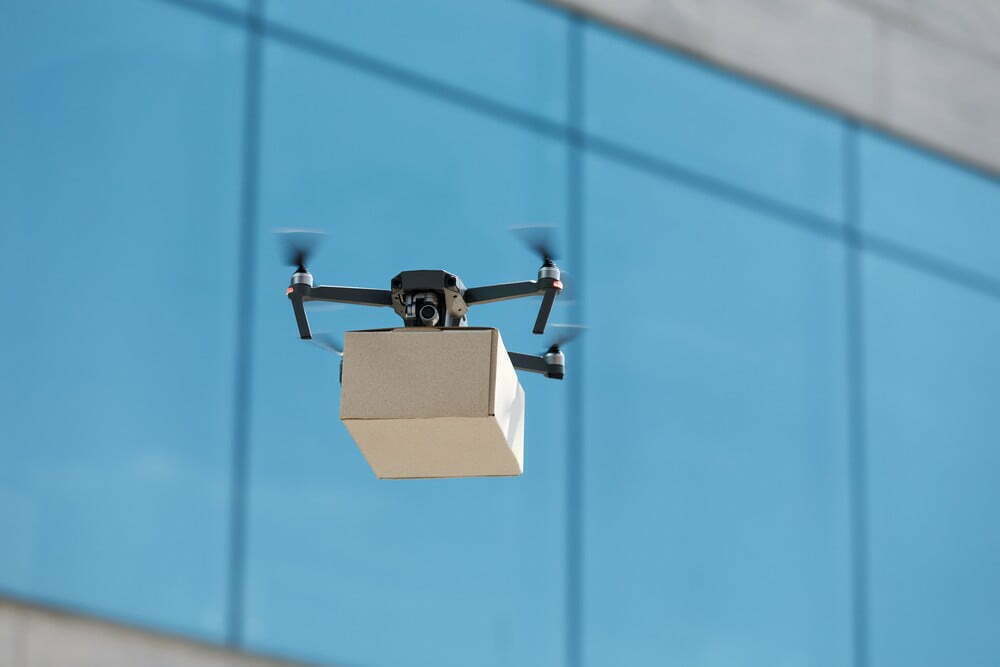
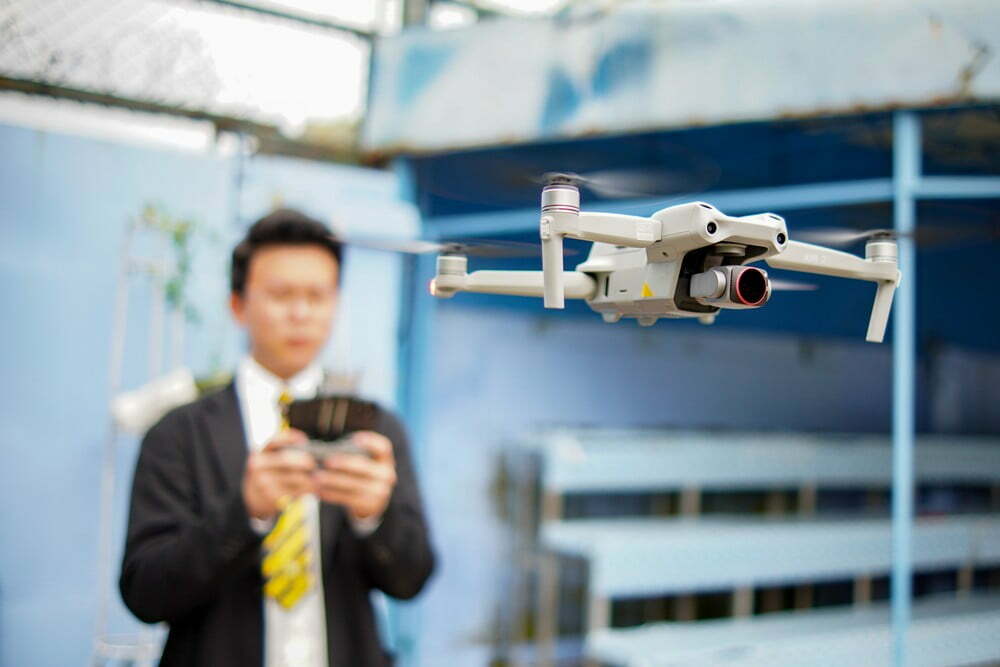
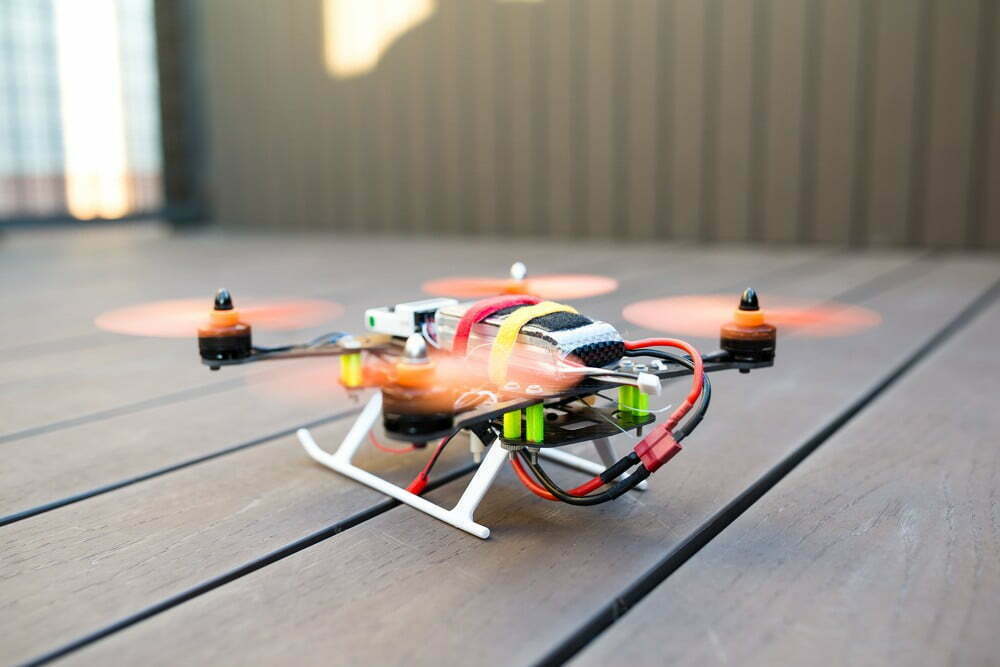
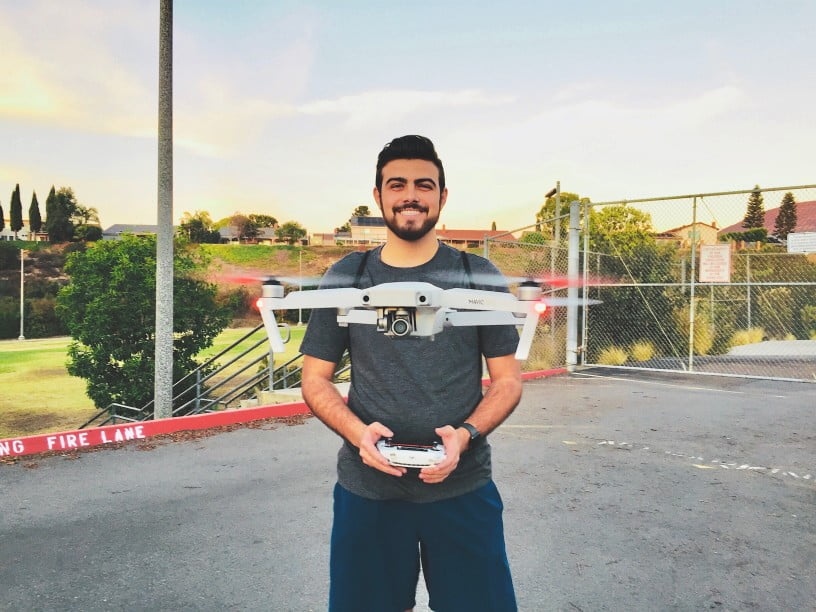
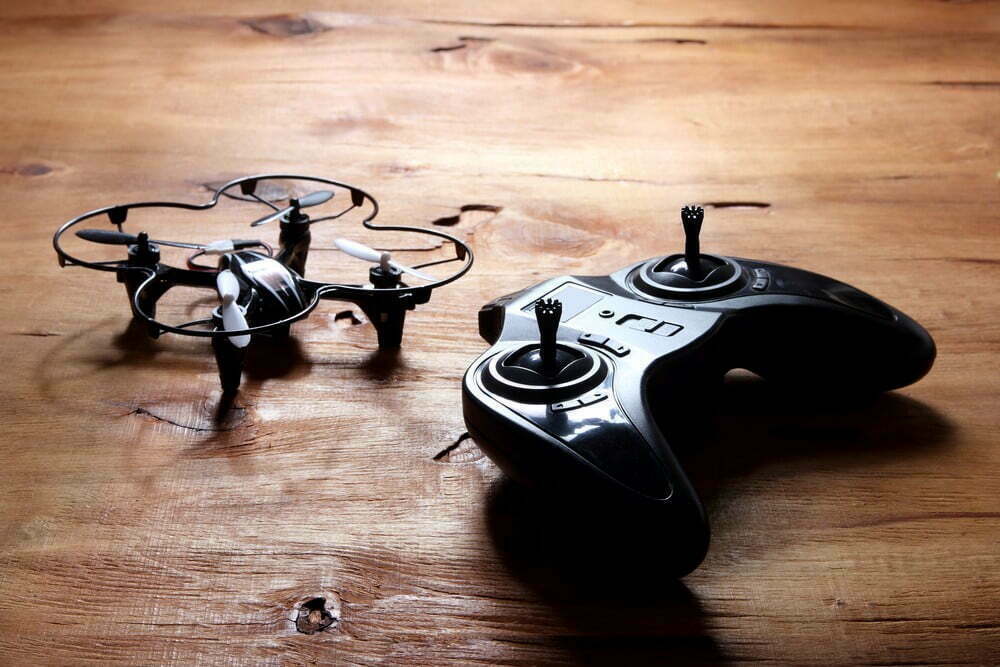
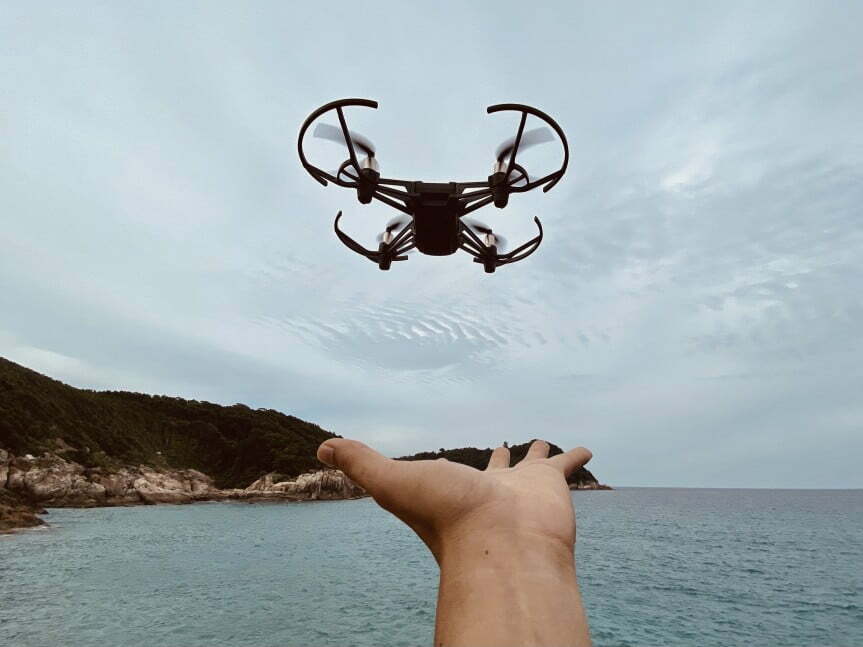
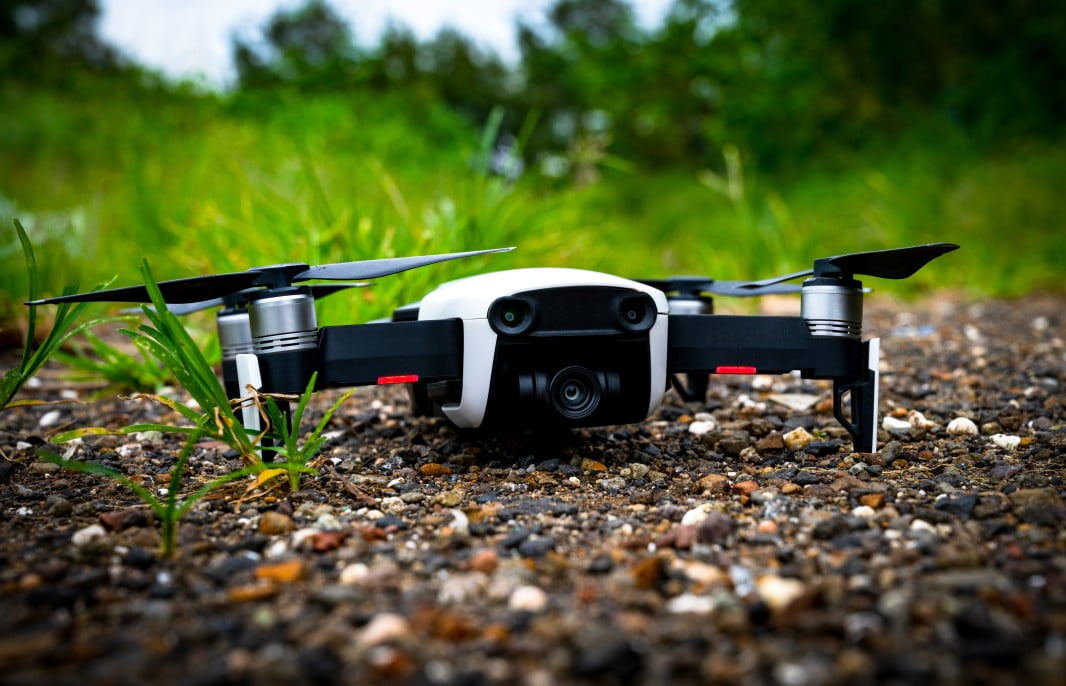
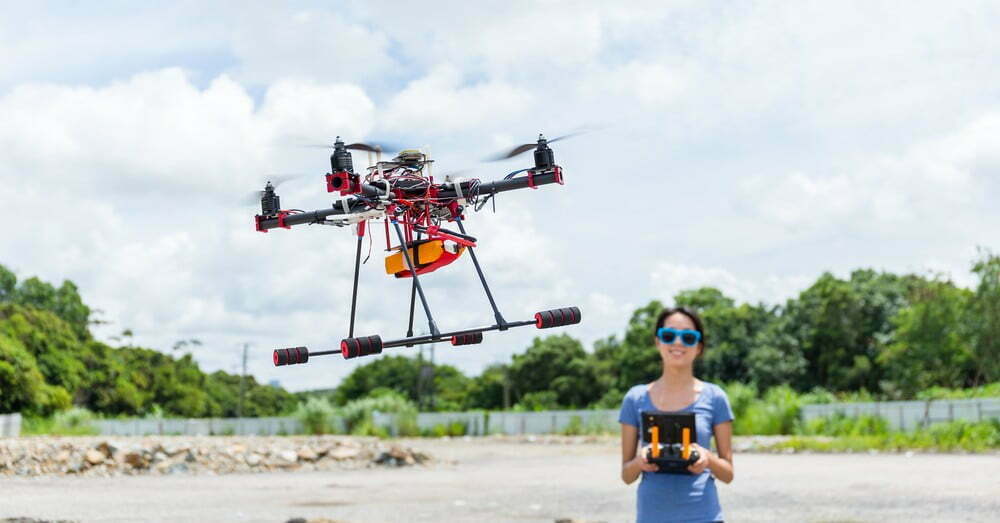
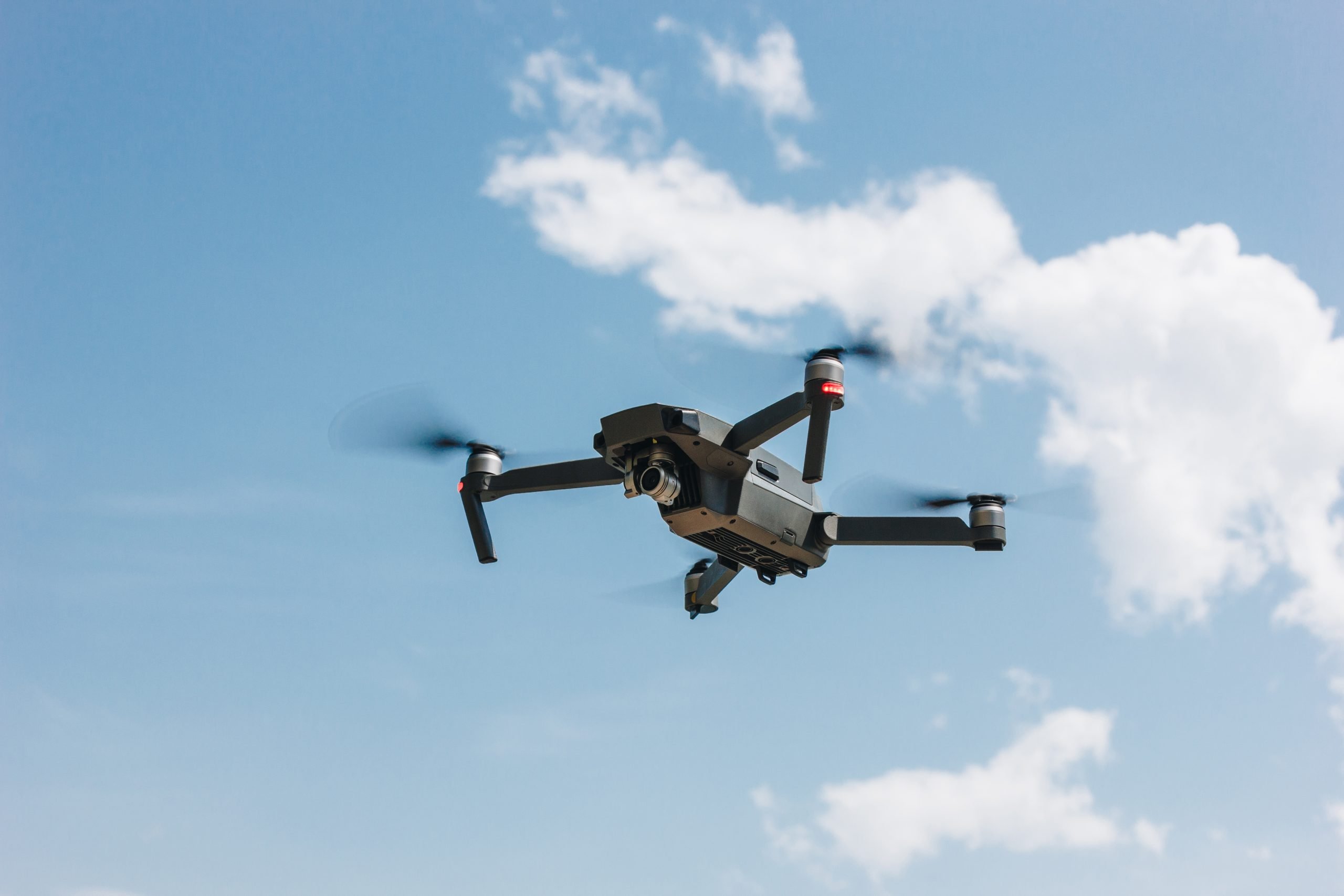
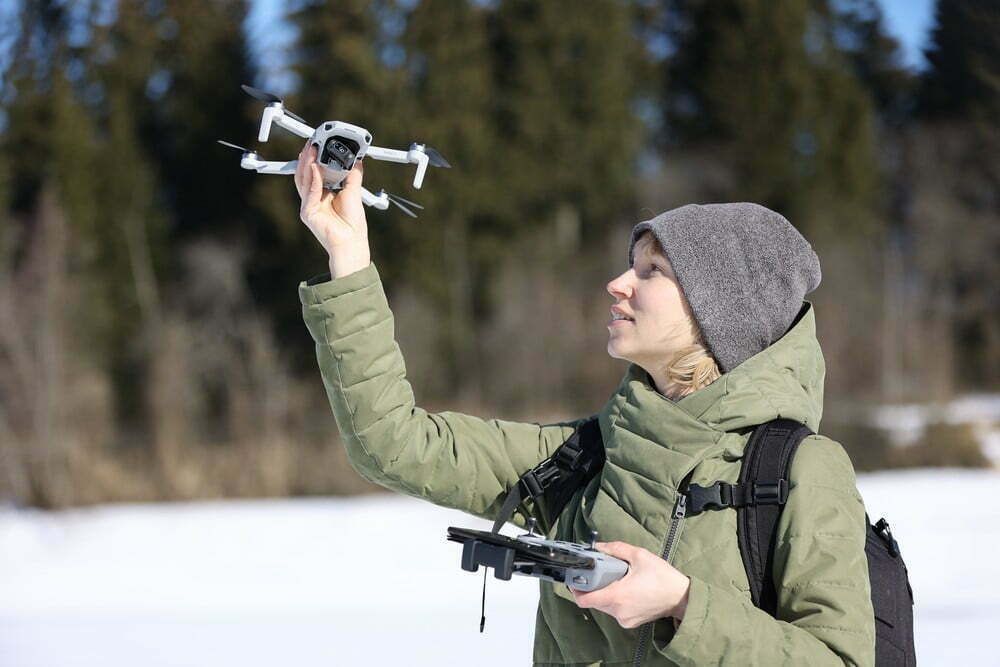
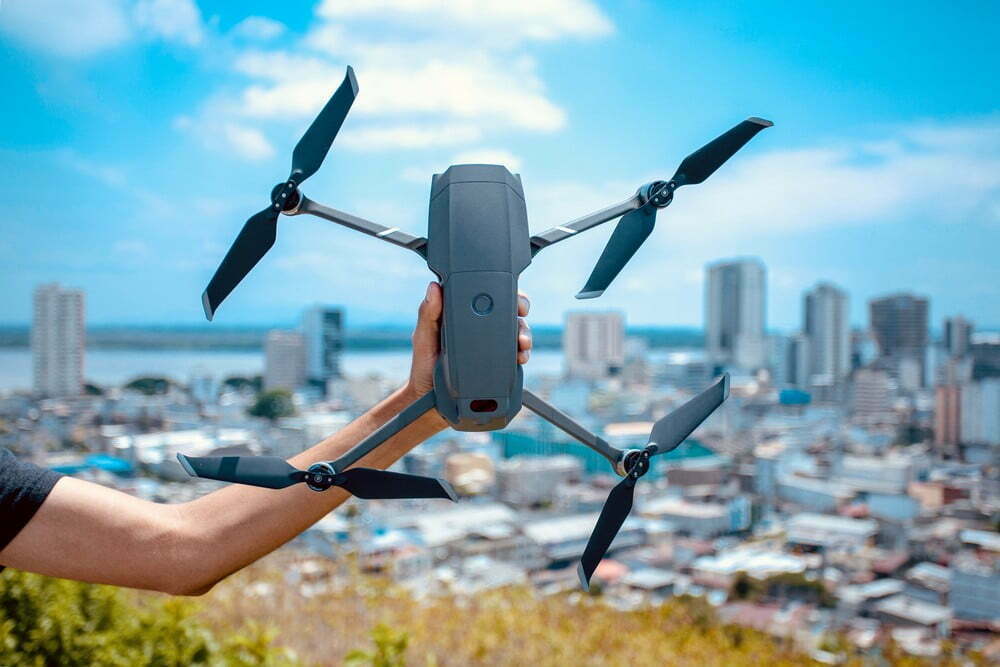
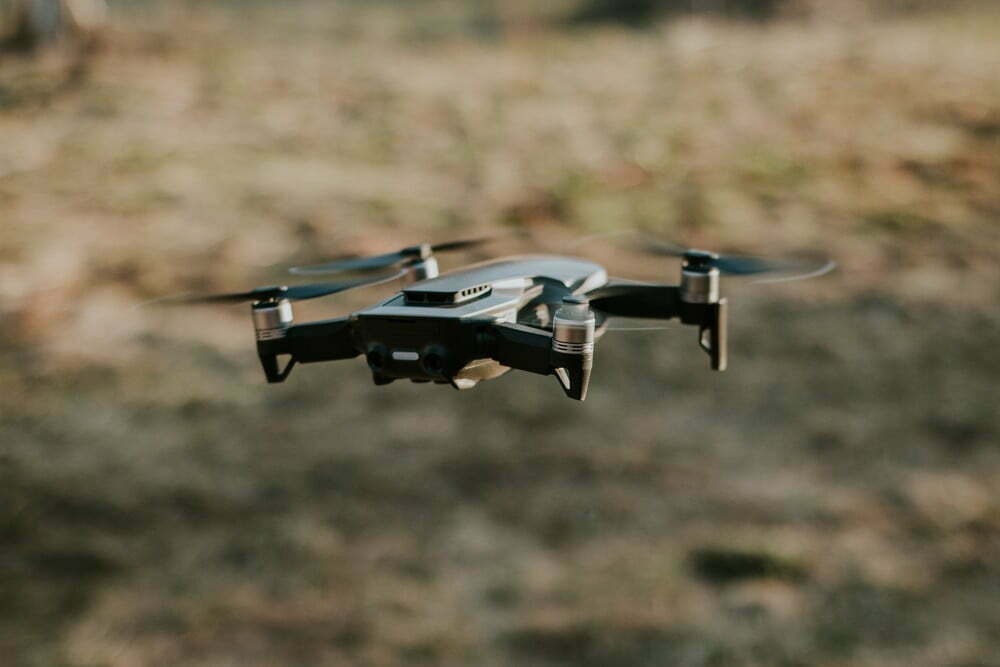
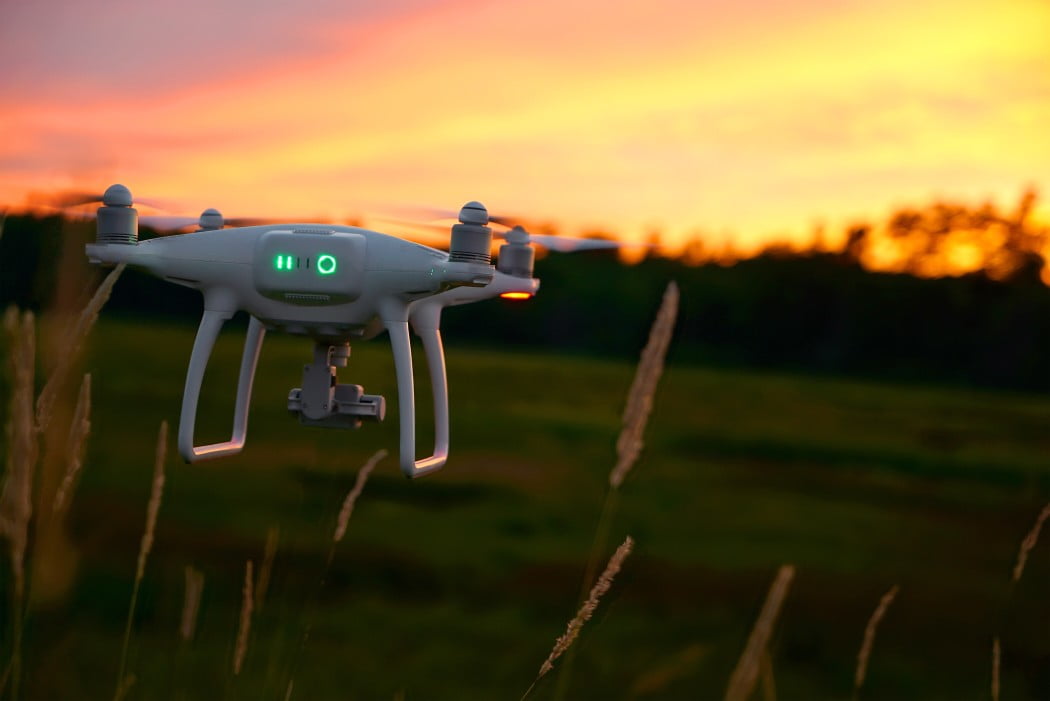
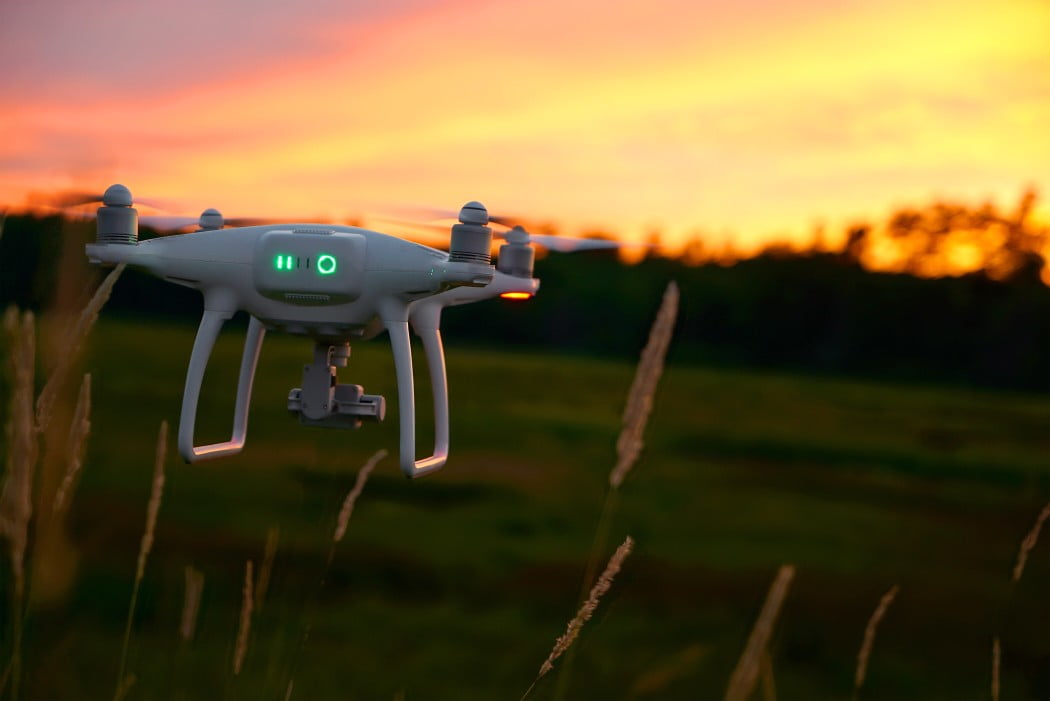
![Best Drones Under the Cost of Ferrari in [year] 26 Best Drones Under the Cost of Ferrari in 2025](https://www.gadgetreview.dev/wp-content/uploads/image-test-3.jpg)
![10 Best VR Drones in [year] 27 10 Best VR Drones in 2025](https://www.gadgetreview.dev/wp-content/uploads/Best-VR-Drone.jpg)
![10 Best Drones for Beginners in [year] 28 10 Best Drones for Beginners in 2025](https://www.gadgetreview.dev/wp-content/uploads/Best-Drones-for-Beginners.png)
![10 Best Indoor Drones in [year] 29 10 Best Indoor Drones in 2025](https://www.gadgetreview.dev/wp-content/uploads/Best-Indoor-Drone.jpeg)
![10 Best FPV Racing Drones in [year] 30 10 Best FPV Racing Drones in 2025](https://www.gadgetreview.dev/wp-content/uploads/Best-FPV-Racing-Drone-scaled-1.jpg)
![10 Best Selfie Drones in [year] 31 10 Best Selfie Drones in 2025](https://www.gadgetreview.dev/wp-content/uploads/Best-Selfie-Drones.jpg)
![10 Best Drones for GoPro in [year] 32 10 Best Drones for GoPro in 2025](https://www.gadgetreview.dev/wp-content/uploads/Best-Drone-for-GoPro-scaled-1.jpg)
![10 Best Drones for Kids in [year] 33 10 Best Drones for Kids in 2025](https://www.gadgetreview.dev/wp-content/uploads/Best-Drone-for-Kids-scaled-1.jpg)
![10 Best Professional Drones in [year] 34 10 Best Professional Drones in 2025](https://www.gadgetreview.dev/wp-content/uploads/Best-Professional-Drone.jpg)
![10 Best Fixed Wing Drones in [year] 35 10 Best Fixed Wing Drones in 2025](https://www.gadgetreview.dev/wp-content/uploads/Best-Fixed-Wing-Drone.jpg)
![10 Best Follow Me Drones in [year] 36 10 Best Follow Me Drones in 2025](https://www.gadgetreview.dev/wp-content/uploads/Best-Follow-Me-Drone.jpg)
![10 Best Foldable Drones in [year] 37 10 Best Foldable Drones in 2025](https://www.gadgetreview.dev/wp-content/uploads/best-foldable-drones.jpg)
![10 Best Drones for Travelling in [year] 38 10 Best Drones for Travelling in 2025](https://www.gadgetreview.dev/wp-content/uploads/best-drones-for-travelling.jpg)
